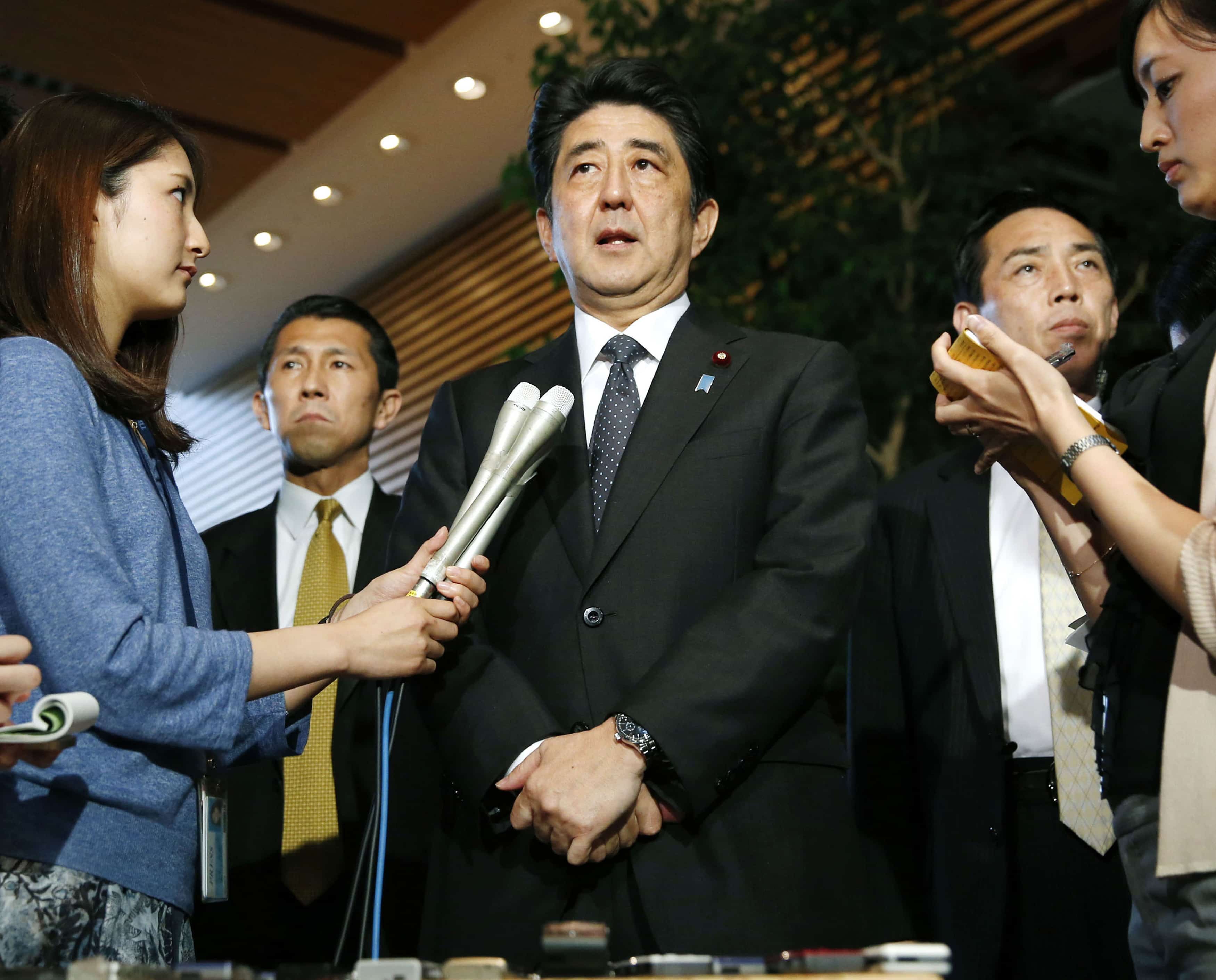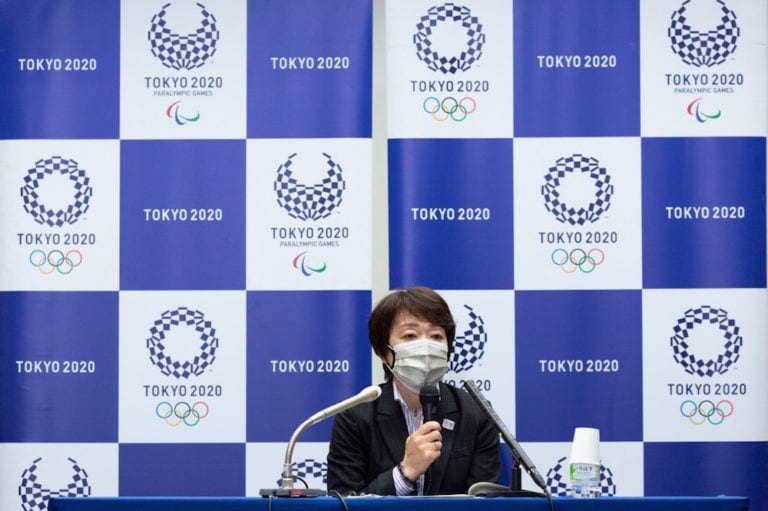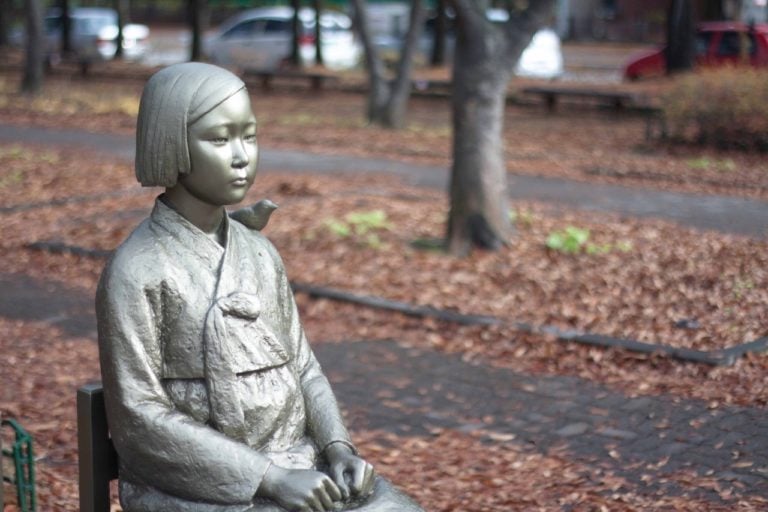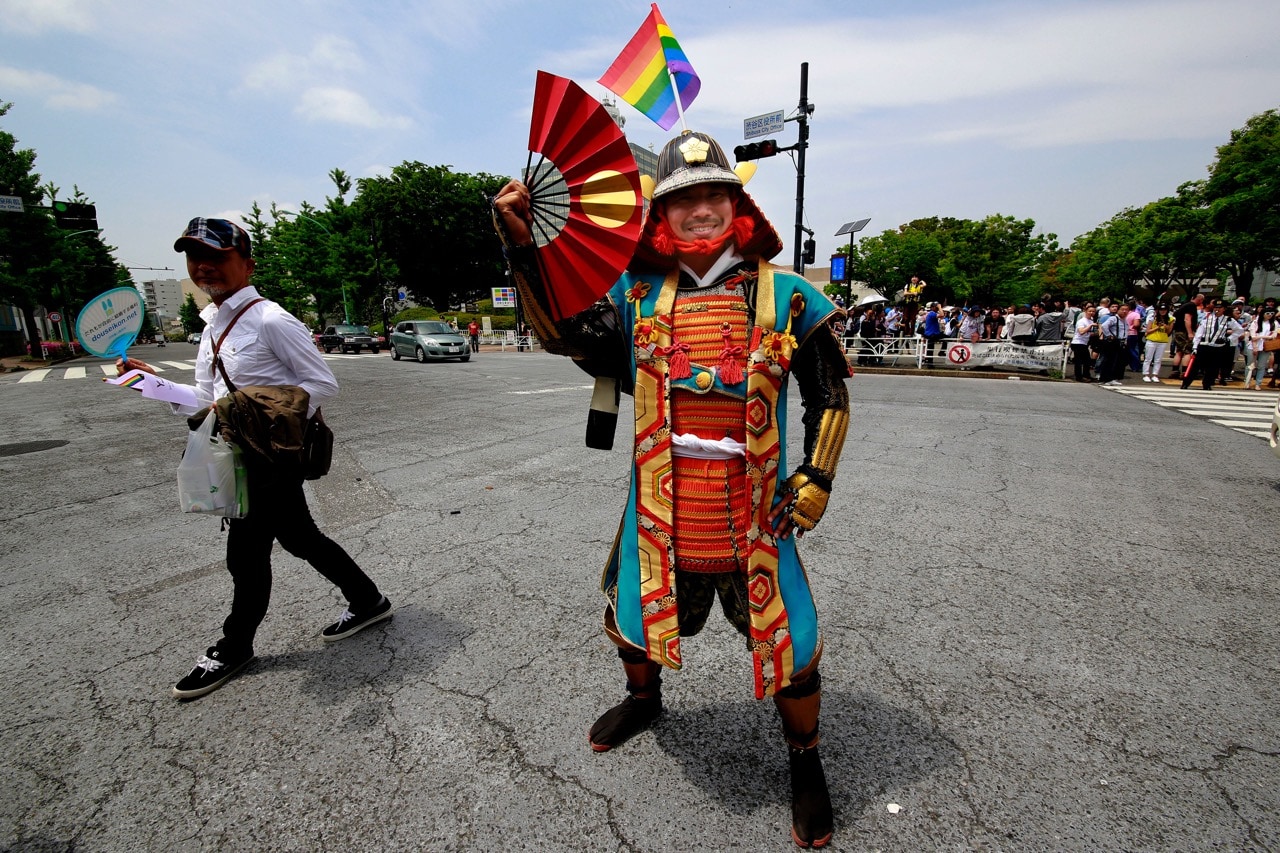“Given the fundamental need for independent media in a democracy, we urge Japan’s leaders to ensure that media outlets’ ability to report freely is respected and to take steps to protect that ability,” said IPI Director of Advocacy and Communications Steven M. Ellis.
This statement was originally published on freemedia.at on 3 July 2015.
By Cora Henry and Artan Mustafa
Japan’s government needs to take steps to address concerns that media outlets are facing pressure to temper criticism of the ruling party, the International Press Institute (IPI) said today, citing a number of recent incidents.
Last week, during a meeting of 40 junior Liberal Democratic Party (LDP) members, several lawmakers and a guest lecturer, popular novelist Naoki Hyakuta blamed the media for the poor reception of highly controversial security bills and reportedly called for the government to “punish the media” by pressing businesses to reduce their advertising in newspapers that question the party’s policies.
Hyakuta, who has ties to Prime Minister Shinzo Abe, reportedly took an even harsher stance during the June 25 meeting, calling for the destruction of the Okinawa Times and Ryukyu Shimpo. The two newspapers responded in a joint statement last Friday, declaring, “Allowing newspapers to publish views that are not in line with the government’s policy is essential to democracy”.
Abe, who is the head of the LDP, said on Monday that he regretted the comments made and that he believed “freedom of speech is the foundation of democracy”. The LDP announced on Saturday that it had suspended the leader of the junior LDP group for a year and that it had verbally reprimanded three other lawmakers.
However, Hideo Onishi, one of those reprimanded, reaffirmed statements he made in the meeting. “I personally think (companies) should refrain voluntarily from advertising with media reporting wrong information”, he said on Tuesday. “I think some mass media should be punished.”
The Japan Newspaper Publishers and Editors Association’s editorial committee criticised the remarks in a statement, saying: “We resolutely oppose moves suppressing freedom of expression and the press, which is the very foundation of democracy.”
Critics citing a number of recent incidents have complained of increasing political pressure on media outlets in Japan, a concern that IPI said it shares.
“We are troubled that LDP members have engaged in acts that appear to have placed improper political pressure on media outlets,” IPI Director of Advocacy and Communications Steven M. Ellis said. “Given the fundamental need for independent media in a democracy, we urge Japan’s leaders to ensure that media outlets’ ability to report freely is respected and to take steps to protect that ability.”
The Financial Times noted on Monday that no media outlets reported on a recent incident in which hecklers interrupted a speech by Abe, something the newspaper said was “highly unusual occurrence in decorous Japan”. The Times said the development showed the degree to which Abe and his party have “cowed, or co-opted” the media.
Observers voiced similar concerns earlier this year after the LDP’s panel of information and communications strategy on April 17 summoned executives of public broadcaster the Japan Broadcasting Corporation (NHK) and major commercial network TV Asahi Corporation over two contested programs that the broadcasters respectively aired on television.
In the TV Asahi program at issue, “Hodo Station”, which aired during the nightly news program on March 27, political commentator and former government official Shigeaki Koga held up a sign in English reading “I am not Abe” and said that the Prime Minister’s Office had been “bashing” him.
Abe’s cabinet said that the claim was “totally unfounded allegation”. TV Asahi apologized later in the same show and its chairman, Hiroshi Hayakawa, called the incident an “inappropriate broadcast”.
The NHK representatives were summoned over an interview on a popular news program in May 2014. Media reports say that the broadcaster was criticised for allegedly making up an interview with a person identified as a broker in a fraud scheme. NHK probed the case and apologised for errors in some parts of the featured content.
The Broadcast Law of Japan requires that broadcasters be politically impartial and offer fact-based programming. However, major media outlets in Japan said they saw the action of the ruling party as lacking in restraint.
“It is natural that TV stations broadcast programs based firmly on the principle of impartiality,” The Yomiuri Shimbun said in an editorial on April 18. However, it added: “The ruling party’s summoning of the broadcasting executives for questioning could be taken as a pressure or intervention by the administration.”
The Asahi Shimbun said on April 17 that the “two programs deserve to be criticized”. But it said that the “LDP should restrain itself from taking any action that can raise suspicions that it is using every trick in the book to strengthen its political intervention in broadcasting”.
In an editorial published the same day, online news website Mainichi cited two prior requests from the LDP to the two broadcasters to maintain “fairness and neutrality in gathering footage of on-the-street interviews and in their election-related programming” and on the coverage of “Abenomics, the prime minister’s economic policy mix”.
The editorial noted: “Because the Abe administration has cited the Broadcast Act on multiple occasions in seeking specific ‘consideration’ from broadcasters, it is undeniable that as a result, the media has been showing signs of being intimidated into changing their ways.”
The Japan Times said on April 22 that “broadcasters should not cower in the face of the LDP’s pressure and interference”, adding: “Their responsibilities are heavy. The nation’s democracy will be threatened if TVs and other mass media exercise self-restraint and self-censorship to evade pressure from the government and political parties.”
On April 26, the New York Times reported that “while government officials deny that they are trying to curtail free speech, many journalists, commentators and media experts say the government campaign has already tempered coverage of the Abe government”.



